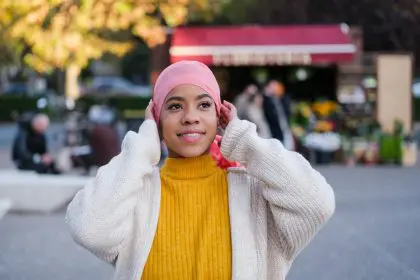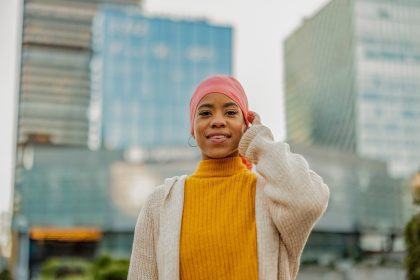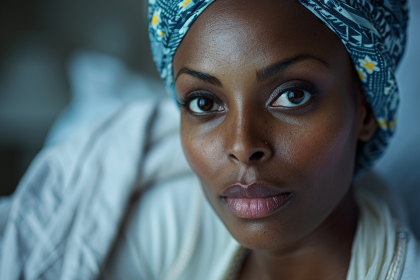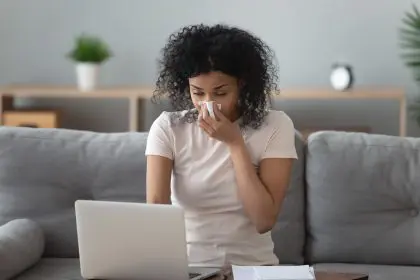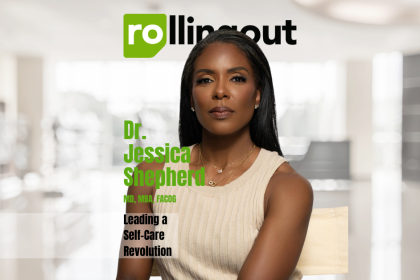Chemotherapy is an emotional and physical challenge that affects many aspects of your life, including your appearance. One of the most visible changes during chemotherapy is hair loss. Though this side effect can be distressing, there are ways to manage the experience and feel more in control. Here’s what you need to know about hair loss during chemotherapy and how to cope with it while focusing on your healing journey.
Why does chemotherapy cause hair loss?
Chemotherapy targets rapidly dividing cells in your body, including cancer cells. Unfortunately, hair follicles are also fast-dividing cells, which makes them a target of chemotherapy drugs. As a result, many people undergoing chemotherapy experience hair thinning or complete hair loss. This can affect the hair on your scalp, eyebrows, eyelashes and body.
Hair loss may begin within a few weeks of starting treatment, and how much you lose depends on the type of chemotherapy you’re receiving. Some people may experience only partial thinning, while others might lose all of their hair.
While hair loss is temporary, it can still have a significant emotional impact, making it important to know your options and how to navigate this challenge.
Emotional impact of hair loss
Losing your hair during chemotherapy can feel like losing a part of your identity. Hair is often tied to how we see ourselves, and watching it fall out can be overwhelming. You may experience a range of emotions, from sadness to frustration and even anxiety about how others will perceive you.
It’s important to allow yourself to feel these emotions, but also to find ways to focus on what you can control. Whether it’s through support groups, therapy or talking with friends and family, having a strong emotional support system can make a world of difference.
Preparing for hair loss
One way to regain control is by preparing for hair loss before it happens. Here are a few steps you can take to feel empowered:
- Consider cutting your hair short
Many people choose to cut their hair short before chemotherapy starts. This can help you adjust more gradually to the changes and reduce the shock of seeing large amounts of hair fall out. Plus, shorter hair is easier to manage as it begins to thin. - Explore wig options early
If you decide to wear a wig, start looking for one before your hair begins to fall out. That way, you’ll have time to choose something that feels comfortable and matches your style. Many health care providers can refer you to services that specialize in wigs for cancer patients, and some health insurance plans cover part of the cost. - Look into cold cap therapy
Cold caps are special devices that cool your scalp during chemotherapy, which may help reduce hair loss by constricting blood vessels and limiting the amount of the drug that reaches your hair follicles. It doesn’t work for everyone, but it’s worth discussing with your doctor if you’re interested in preserving some of your hair.
Coping with hair loss during chemotherapy
Once hair loss begins, there are several ways to cope with the changes and maintain your confidence:
- Try head coverings
Many people find comfort in wearing scarves, hats or turbans after losing their hair. These coverings come in many styles and fabrics, allowing you to express yourself while feeling comfortable. They can also protect your scalp from sun exposure and cold weather. - Embrace your bare scalp
While some people prefer to cover their heads, others find empowerment in embracing their baldness. It’s a personal decision, but many cancer survivors have spoken about how freeing it can be to walk confidently with a bare scalp. It’s a way of saying, “This is me, and I’m strong.” - Take care of your scalp
Hair loss can leave your scalp feeling sensitive, dry or itchy. Gentle care is essential during this time. Use mild, fragrance-free shampoos and moisturizers to keep your scalp healthy. Avoid harsh chemicals and excessive sun exposure and wear sunscreen or a hat when you’re outdoors.
Rebuilding confidence during treatment
Losing your hair can affect more than just your appearance — it can also impact your emotional well-being. Here are some tips to help you stay confident during this time:
- Focus on your inner strength
Remember that your worth isn’t tied to your hair or your appearance. Focus on the incredible strength it takes to go through chemotherapy. Your body is fighting, and that’s something to be proud of. - Lean on your support system
Don’t be afraid to ask for support. Whether it’s a close friend, family member or cancer support group, talking about your feelings can lighten the emotional load. Sometimes, just having someone listen can make all the difference. - Practice self-compassion
Be kind to yourself. Hair loss can be hard, but it’s important to remind yourself that this is a temporary phase. Your hair will grow back, and until then, give yourself the grace to heal and recover without judgment.
What to expect after treatment
Once chemotherapy ends, your hair will gradually start to grow back. For some, this process begins a few weeks after their final treatment, while others may need to wait a few months. When your hair does return, it might be different in texture or color than before. Some people find their hair is curlier or finer, while others notice it’s temporarily more fragile.
During this period, it’s essential to continue being gentle with your hair and scalp. Avoid harsh treatments, chemicals and heat styling until your hair fully recovers its strength. Your health care provider may have recommendations for nourishing your scalp and promoting healthy growth.
You are more than your hair
Chemotherapy brings numerous challenges, and hair loss is one of the most visible. But remember, it’s a temporary side effect of a much larger battle. You are more than your hair, and as your body heals, your confidence will continue to grow.
By preparing for the changes, embracing the emotional journey and focusing on self-care, you can maintain a sense of control and dignity during this process. Whether you choose to wear a wig, a scarf or nothing at all, the most important thing is to remember that you are fighting a courageous battle, and you are beautiful — inside and out.
Above all, prioritize your emotional and physical well-being. Lean on your loved ones, practice self-care and know that this chapter is part of your healing journey. You are resilient, and your strength shines far brighter than any outward appearance ever could.
This story was created using AI technology.



